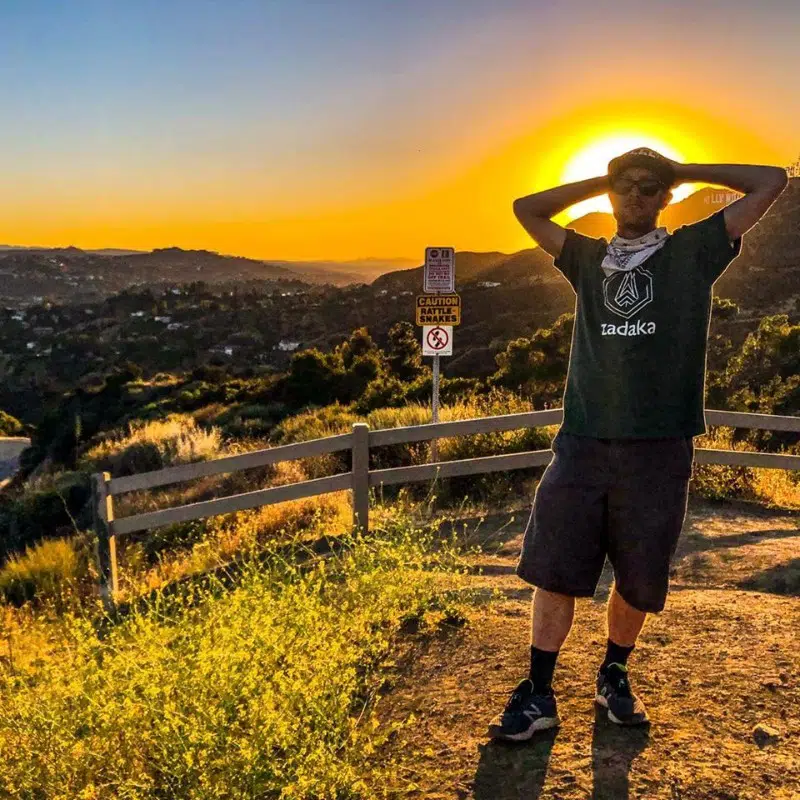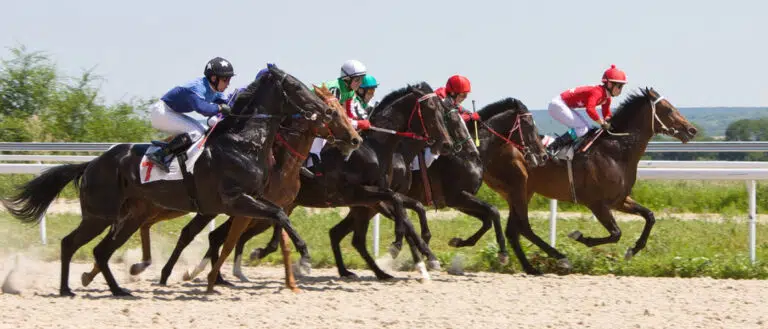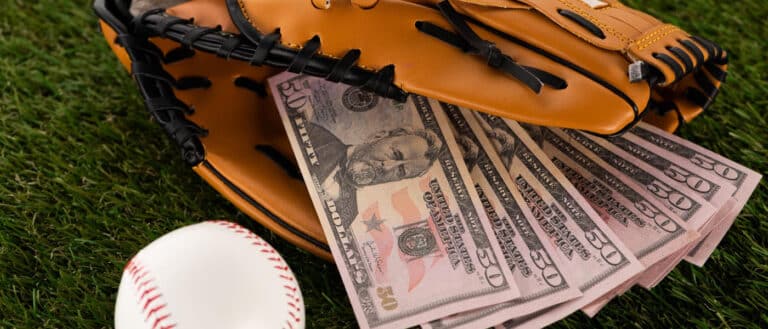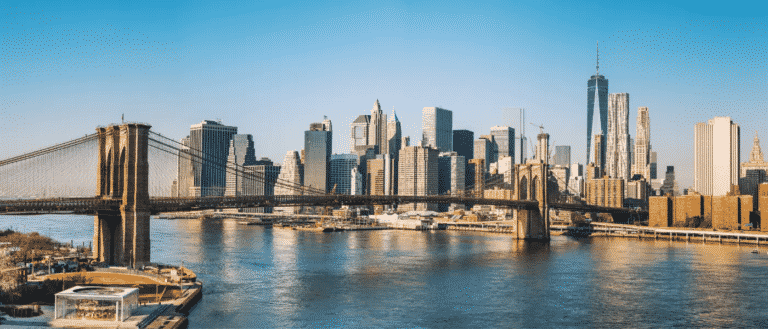COVID-19 Has Taken A Toll On Tribal Casinos
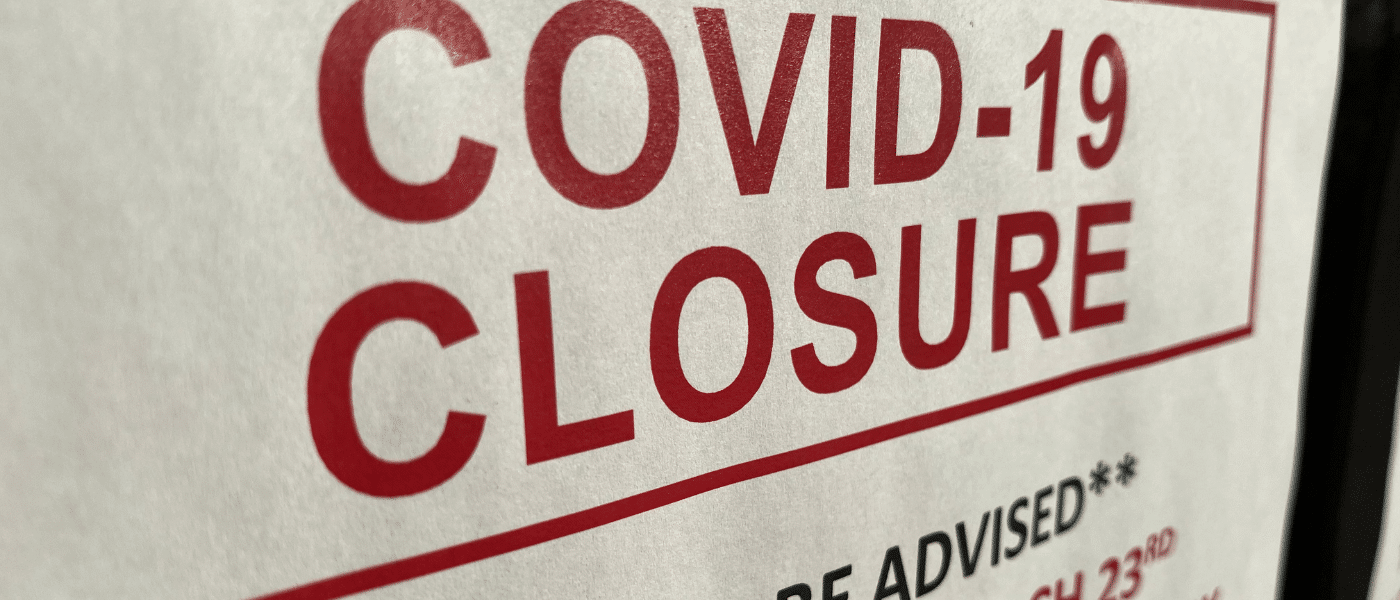
Not many people have been hit harder by COVID-19 than the Native American population. Studies have confirmed as many as one in 390 Native Americans has died from COVID-19, making them .
Tribal casinos have been hit just as hard. The effect has been two-fold, both in terms of their at-risk populations and in lost revenue from closures. , more than $10 billion in estimated casino revenue has been lost due to the coronavirus in Indian Country.
A Domino Effect
As Native News Online highlights, the Wildhorse Resort & Casino in Pendleton, OR, . Its first documented case of COVID-19 came on March 2, 2020, and immediately prompted an announcement of a temporary closure, which occurred the very next day.
It wasn’t long before Indian tribes saw their most at-risk members affected by the virus. Many states with Indian casinos went into complete lockdowns, causing all gaming-related business to close. Those casinos in states without mandates often voluntarily enacted their own stricter laws on tribal lands that included casino closures.
Since then, many casinos have reopened across the nation through the late months of 2020 and opening months of 2021. Still, , especially in states such as New Mexico and Oklahoma.
Other places such as Navajo Nation were forced to close businesses deemed essential, like convenience stores, to stop COVID-19 from affecting the native population. To date, Navajo Nation has been an epicenter of the coronavirus, with just under 30,000 confirmed cases and roughly 1,200 deaths in the Nation alone.
Indian Country Mortality Rates Highest in the Nation
Plenty of other tribes outside the Navajo Nation have also been devastated by COVID-19. Across the country, one in 390 Indigenous Americans has died from COVID, a death rate of 256 per 100,000, double that of white Americans. Black Americans (179.8 per 100K) and Pacific Islander Americans (176.6 per 100K) have also been disproportionately affected but have nearly 30% lower mortality rates than Native Americans.
COVID-19’s effects have spread throughout tribal communities from emotional and cultural standpoints, too. Native News Online stated, “I cannot remember any Native person in recent months telling me they don’t know anyone who has died from COVID-19. All of us in Indian Country know someone we will never see again at a powwow, tribal community event, or national conference.”
Most recently, an estimated 958 deaths occurred in February 2021 across Native American lands. More than 5,300 lives have been lost in Indian Country throughout the pandemic, meaning the last four-week span accounts for nearly 20% of that figure, the deadliest stretch in the pandemic thus far.
Casino Woes Felt Throughout the Community
The $10 billion in lost casino revenue is not just money out of the casino owners’ pockets and facilities. Much of that revenue is distributed back to the community, contributing to citizens’ access to health care, elder programs, education, and housing.
As Ernie Stevens, Jr., Chairman and national spokesperson for the National Indian Gaming Association (NIGA), stated in a February 2021 interview with Gaming Law Review (), the pandemic took its toll on Indian Country:
“Statistic-wise, we were top in the industry in gaming, Indian country, and now I am not sure where we are. They estimated our industry could be down easily 20 percent. Going into this, I think we were the 11th-highest employer in the country, behind Walmart and Amazon and all these guys. Now we are not sure where we are.”
[…]
“It is devastating because many of the people that got laid off because of the pandemic are still not back to work. We have nowhere near the number of staff that we had going into it.
Many tribal lands already face lacking infrastructure and poor living conditions that only make it tougher to prevent the spread of COVID-19. For example, even such rudimentary precautions as washing hands for 20 seconds with warm water are virtually impossible for many in Indian Country. In Navajo Nation, one-third of the population does not have running water.
More cultural pains have also been felt in places such as Cherokee Nation, which has reported that dozens of fluent Cherokee languages have died from the pandemic. Many native elders served as the last lines of customs and traditions, and COVID-related deaths has led to aspects of .
On a positive note, vaccinations have made their way onto Native lands. Furthermore, $31.2 billion of the most recent $1.9 trillion stimulus package expected to be signed by President Biden is allocated for resources in Indian Country.

